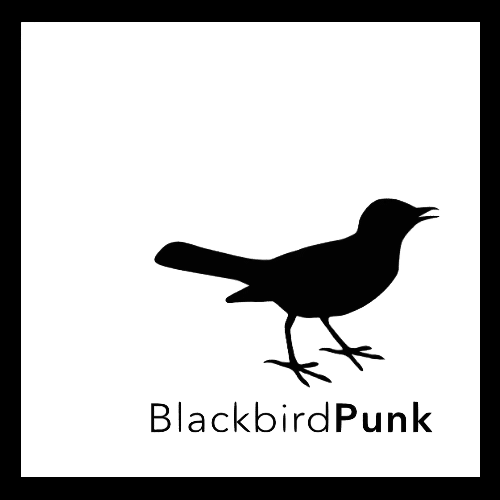Music podcasts have become quite the thing. For once, they are easy to produce. Secondly, the musician has a free realm over what to do with the content of the podcast.
As a matter of fact, podcasts can be a great way to communicate with your fans. So, what exactly is a podcast and where are the differences to a traditional radio station?
Podcasts are different than classical radio stations
The word podcast combines two words: iPod and Broadcast. The handy music listening tool is as old as podcasts and therefore was around when the wording happened.
However, nowadays, podcasts are very much happening on streaming platforms. In fact, Spotify just spends an enormous amount of money to buy into the podcast hype.
Therefore, strongly featuring podcasts on its streaming platform.
The difference between podcasts and traditional radio stations are mainly the independence of the podcast creator. Most podcast creators are self-thought digital content creators.
A music podcasts let the creator diversify their digital portfolio
They often have other digital channels already like a YouTube channel. Now, through podcasts, content creators can diversify their content strategy.
That means, that they have various digital outlets. Fans can choose the right format for them to engage with the musician or podcast creator.
In comparison, in a traditional radio station, you have your set programme.
The music is mostly running over so-called rotation systems. If a track is in the ‘heavy rotation’ list, it plays numerous times over a day. As well as the moderator does not have much to say in the planning of the show.
Important to realize, podcasts have a strong focus on the talking part. Of course, there are podcasts that play a lot of music.
But the general idea is that the musician invites cool guests and does interviews with them. Or talks on his or her own about experiences, tips & advice or anecdotal stories.
Also important, the podcast creator is free in planning the content for the show.

Why should musicians do music podcasts?
There are many benefits for musicians to do music podcasts. For one thing, they are simply popular right now. Of course, you shouldn’t jump on any bandwagon.
However, if there is a certain buzz around something, it could be a good idea to use it to your advantage. If you already love to talk about music and especially your music. Then a podcast could be good idea for you!
Another key point is the sheer length of podcasts. Most podcasts run between half an hour to long over an hour.
This way, you can engage with your audience much longer then with any other medium. You can really take your time to explain something or to elaborate on a fun story.
For the longest time, it is really important to let fans be part of your world. A podcast gives ample opportunity to let them into your magical mystery tour.
Music podcasts can bring in extra income for musicians
Music podcasts can bring in some much needed extra income. In fact, it could be part of your larger Patreon campaign.
You could use podcasts as a fan subscription or ask people to pay a certain amount in order to listen. Of course, for this, you first need a loyal fan base.
Also, you could get sponsoring on board. Let’s say you play the guitar and in your podcast, you talk a lot about your instrument. It could be worth getting sponsoring from your favourite guitar company.
You can even run your podcast on WordPress
If you already let your website run with WordPress as the content management system, then you can simply host your podcast here.
There are many plugins to help you with this set-up.
With this in mind, it could also be a good idea to contact your music distributor. They have all the contacts to streaming platforms and online music shops to help you feature your podcast.
Even if you are not super keen on starting a podcast right now. It could be a good idea to keep yourself informed and to have an eye on this trend in music business!
BlackbirdPunk even was a guest on a podcast! The Hedera Podcast by Florentina Fien talked with me about all things music industry.
(unfortunatley, but it’s only available in German)

